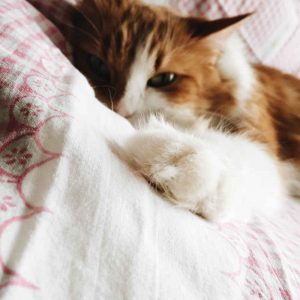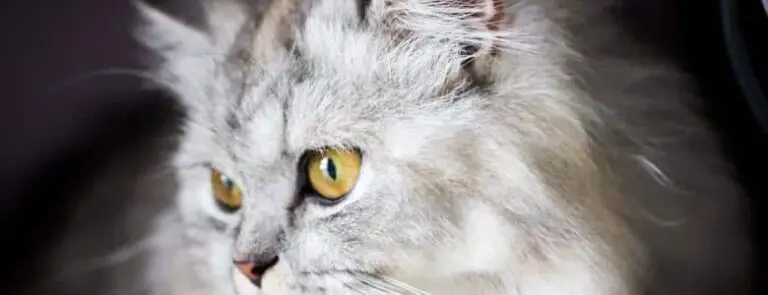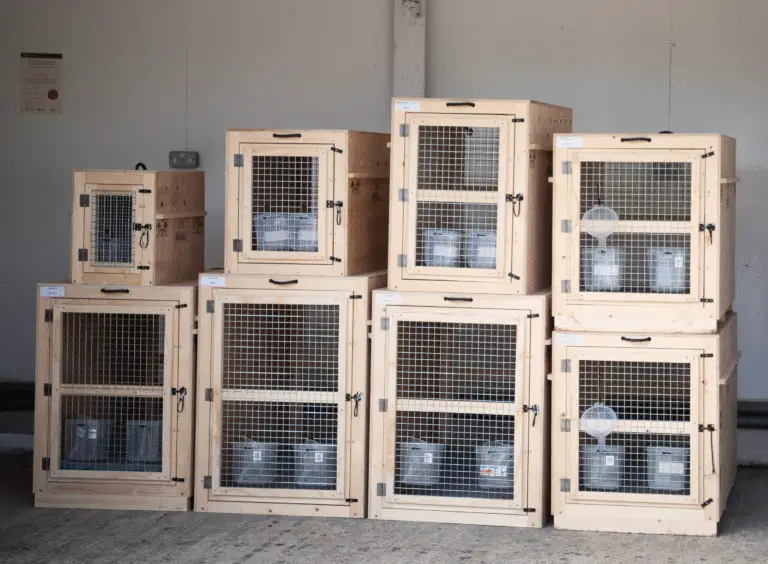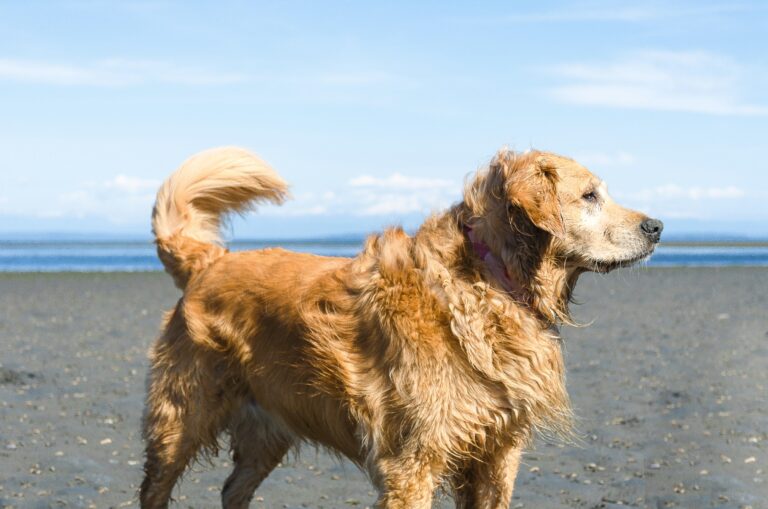Pneumonia is something we generally associate with humans; older humans to be more precise, but you may not realise that your cat could be suffering with it too. Adult cats rarely suffer with pneumonia, but kittens and senior cats are at risk due to their weaker immune systems. It’s important to know what to look for because if left untreated, the consequences could be very serious.
Pneumonia can occur when fungal, bacterial or viral organisms get into the windpipe or nostrils of your cat. The organisms cause infection and inflammation that can travel down into the lungs and a build up of pus, fluid or cellular debris eventually leads to pneumonia. It can also happen if your cat accidentally inhales foreign fluids or irritating substances, like a seed or vomit.
Many of the symptoms that are present with pneumonia are similar to that of a human cold; green or yellow discharge from the nostrils, fever, a dry or mucus-y cough, lethargy, loss of appetite and difficulty breathing. If your cat displays any of these symptoms, you should visit your veterinarian immediately. The most common symptom of feline pneumonia is a moist cough and difficulty breathing but it’s worth bearing in mind that not all cats will show respiratory signs.

Your veterinarian may have to do several tests in order to establish a full diagnosis. A blood test will give your vet a clear picture of your cats overall health as well as highlighting any underlying conditions. A chest x-ray may also be required to confirm the diagnosis and sometimes further tests will be needed to establish which organisms are responsible and whether it is bacterial, fungal or viral pneumonia.
Feline pneumonia is treatable with antibiotics in most cases but if your cat is having trouble breathing then they may require oxygen therapy as well as fluid therapy if they are showing signs of dehydration. Once at home, try and keep your pet as well rested as possible.
While pneumonia isn’t entirely preventable, there are some steps you can take to lower your cats risk of contracting it. Ensure your cat is fully up to date with its vaccinations and has regular trips to the vet to check its general health. Never force your cat to eat or drink as this could put them at risk of aspiration pneumonia if they were to inhale food or saliva into their lungs. If you are bottle feeding a kitten, don’t hold them on their back like you would with a human baby, make sure their stomach is pointing downwards towards the floor.
With these points in mind, you’ll be able to keep your cat in top health. Feline pneumonia is recoverable if the signs and symptoms are caught on time and correctly assessed and treated by a vet.



